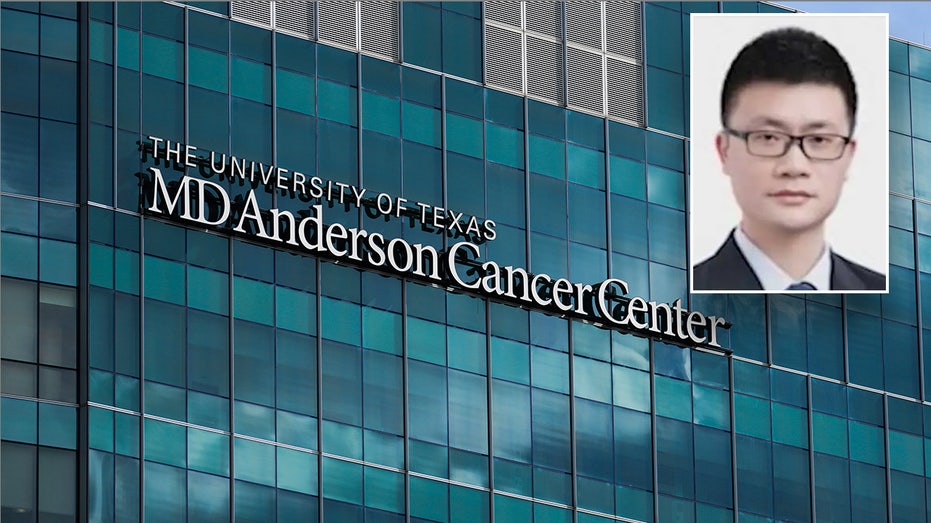UPDATE: A Chinese doctor was arrested in Texas on July 9, 2023, for allegedly attempting to smuggle sensitive cancer research back to China. Yunhai Li, a 35-year-old employee at the MD Anderson Cancer Center, was confronted by U.S. Customs and Border Protection while trying to board a flight to China, according to the Harris County District Attorney’s Office.
Authorities working with Homeland Security Investigations discovered evidence of Li’s attempts to transport critical medical information during an inspection of his belongings at the airport. Harris County District Attorney Sean Teare stated, “We were able to detain him as he was trying to get on a flight to China. That intellectual property stays with us, so we can save lives.”
Li now faces serious charges, including Theft of Trade Secrets and Tampering with a Government Record. The theft charge could result in a prison sentence of two to ten years and a fine of up to $10,000. According to the Attorney’s Office, Li was in the U.S. on a nonimmigrant research scholar exchange visa sponsored by the State Department.
Court documents reveal that while working at MD Anderson, Li uploaded sensitive research data to his personal Google Drive account. When confronted by the institution, he deleted the files but had already transferred data to a file-hosting service based on a Chinese server. Investigators uncovered “unpublished research data and articles representing trade secrets” on the storage drive.
Li was reportedly funded by both the National Natural Science Foundation of China and was conducting research for The First Affiliated Hospital of Chongqing Medical University during his employment, failing to disclose this conflict of interest to U.S. officials. In a sworn statement, Li asserted, “I believe I have the right to possess and retain this data.”
After posting $5,100 bail, Li has been released from jail but has surrendered his passport as the investigation continues. The significant breach of trust raises major national security concerns regarding the protection of sensitive medical research in the United States.
As this story develops, it highlights the ongoing risks posed by international espionage in the field of biomedical research. The implications of this case are profound, not only for the institutions involved but also for public health and safety.
Stay tuned for further updates on this urgent matter.
